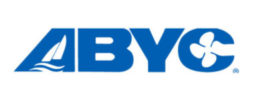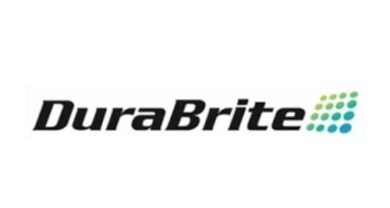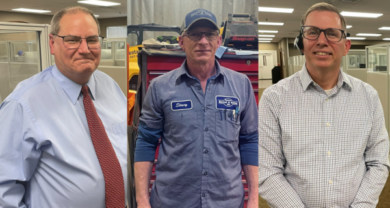TBT antifoulings a step closer to being obsolete
UNION, N.J. – The two manufacturers of the tributyltin (TBT) biocide used in some antifouling paints have requested to voluntarily cancel their pesticide registrations with the U.S. Environmental Protection Agency (EPA), Interlux Yacht Finishes (Interlux), a business of International Paint, reported in a statement today.
Both Atofina Chemicals, Inc. and Crompton Corp. have requested that their voluntary cancellations and use terminations become effective this past November 30 and stated that their requests are irrevocable.
In short, Atofina and Crompton will no longer offer for sale or supply tributyltin biocide to antifouling paint manufacturers, according to Interlux.
EPA offering 30-day comment period
The EPA said in the U.S. Government Federal Register issued on December 5 that unless it receives substantive comments within the 30-day comment period that would merit further review of the requests, it intends to issue orders granting these requests to cancel certain products, and to amend to terminate certain uses. Comments must be received on or before January 5, 2004.
In a letter accompanying their announcement, the EPA stated that this “signals the end to TBT antifouling paints production in the U.S.,” Interlux reported.
A step closer to a ban
As part of the global treaty agreed to by the International Maritime Organization (IMO) to ban the use of TBT-based antifouling paints, the EPA is moving toward a complete ban to TBT in the United States and now is one step closer, Interlux reported.
TBT-based antifouling paints are already banned in Canada, Michigan, Vermont, and throughout the European Union and Australia. U.S. legislation implementing other aspects of the IMO Antifouling Systems Convention of 2001 is expected to be passed to Congress soon, according to the paint company.
This means that no more TBT will be manufactured for sale into the marine antifouling market, companies still selling TBT products will now only be allowed to sell these products to clear existing inventories, and the end is in sight for the use of TBT in the marine antifouling market, according to Interlux.
Interlux voluntarily ceased sales of TBT-containing paints as of the 2002 deadline set by the United Nations. In 2002, Interlux launched Micron 66, a self-polishing, multi-year antifouling paint, which Interlux said provides performance equal to or better than TBT and is EPA-approved.
- For more of the latest news, click here.




